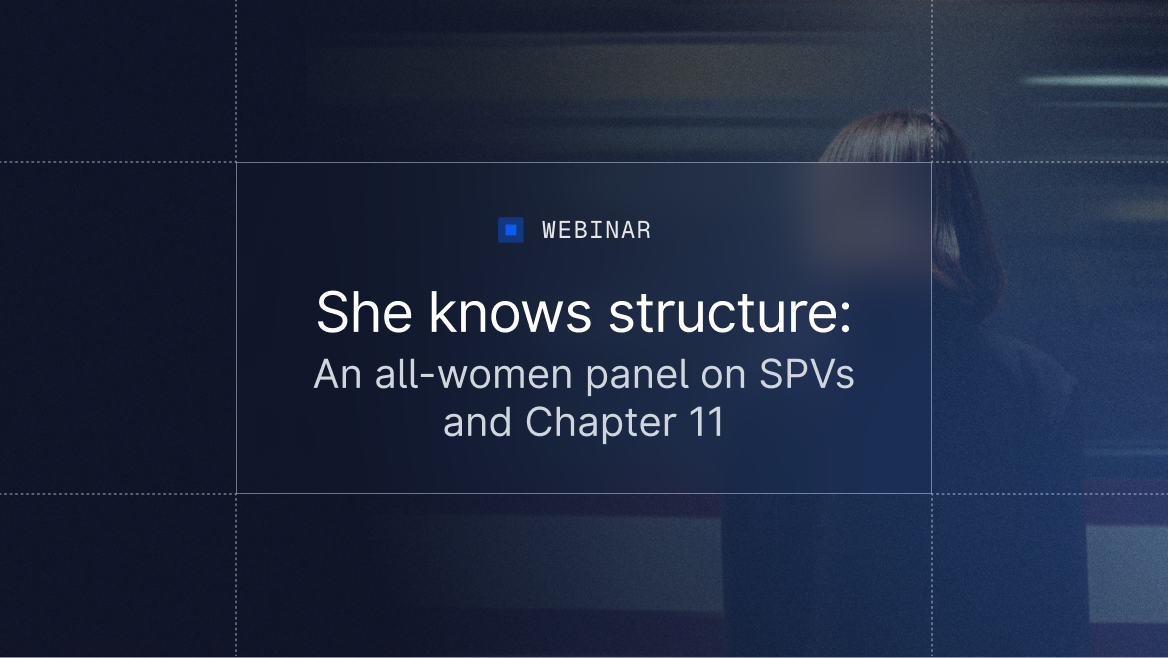News & InsightsLevFinDistressedPrivate CreditABFCLO
Market Wraps
(Not So) Blessed to be Stressed - Part One
Chris Haffenden and Ben Hoskin1 Feb 2022 | Europe | 12 minute read
Related Posts
Discover more insights.
Use the previous and next buttons or keyboard arrows to navigate between slides.





